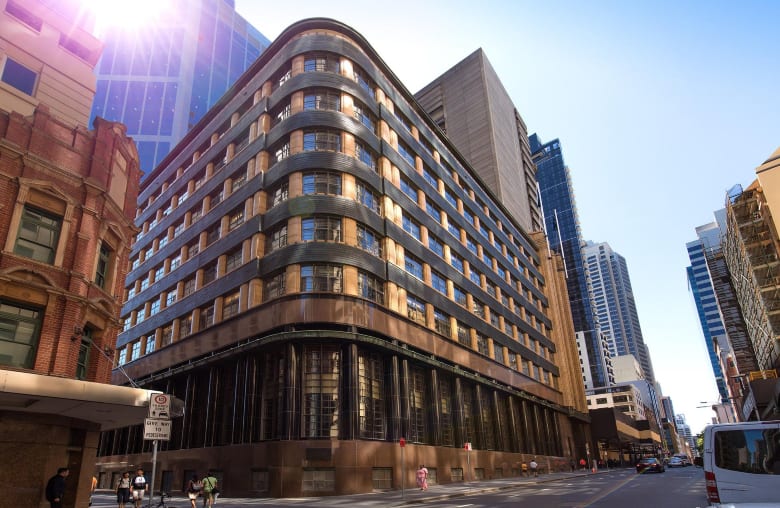
China’s Greenland Group last month agreed to sell the Primus Hotel in Sydney for a reported $132 million
After a year in which hotel investment came to a virtual standstill as COVID-19 crushed international travel and tourism, 70 percent of investors in a recent survey now say they are keen to deploy capital in Asia Pacific hospitality assets in 2021.
Global property consultancy JLL, which conducted the study, forecasts $7 billion in hotel transactions in the region this year, which would represent a 20 percent increase from last year’s $5.8 billion, with the bulk of that 2020 total having taken place during the first quarter before the pandemic took hold.
Japan is seen as the most desirable hotel investment market in the region, with 52 percent of respondents holding a favourable view, followed by Southeast Asia with 46 percent, Australia with 31 percent and China with 22 percent. JLL polled about 100 clients in late January.
“The cycle has been reset and we are now on the cusp of a period of recovery,” said Nihat Ercan, senior managing director and head of investment sales for Asia Pacific in JLL’s hotels and hospitality group. “Optimism around the deployment of vaccines and an eventual recovery in tourism has started to drive activity and investors don’t want to miss the opportunity.”
Digging for Discounts
While large pools of capital are ready for deployment, pricing and financing are set to become bigger considerations for investors. According to JLL, the gap between buyer and seller price expectations will narrow as the travel situation improves and distress becomes less likely.

Nihat Ercan of JLL Hotels and Hospitality
Over 80 percent of investors surveyed were eyeing discounts of 20 to 30 percent, while sellers were expected to reduce their asking prices by only around 10 percent.
Investors find Japan and Southeast Asia particularly attractive for those markets’ strong demand dynamics and positive long-term fundamentals.
“Demand for assets has initially concentrated on core markets like primary cities in Japan and Australia, yet we see this diversifying in the coming months,” Ercan said.
Of the investors surveyed, 25 percent are taking a more cautious approach to deploying capital, seeking greater clarity on the pandemic recovery before committing further funds to the sector, while 5 percent are exiting the sector altogether to refocus on other asset classes.
Value-Add Opportunity
Investors also see the current environment as a chance to invest in existing properties and focus on asset management initiatives like renovations, repurposing and repositioning in response to changing consumer preferences, JLL said.
“The past year has been all about protecting cash flow and this will continue for the coming 12 to 18 months,” said Xander Nijnens, managing director and head of advisory and asset management for Asia Pacific in JLL’s hotels and hospitality group. “Seasoned owners realise that now is the time to invest in existing hotels, with little displaced business.”
Owners face what Nijnens dubs a “balancing act” in terms of keeping operating costs flexible while investing ahead of the recovery.
Of the survey respondents, 36 percent identify investing in their own assets as their primary priority in 2021, coupled with a focus on cost containment and maintaining cash-flow discipline.
“There are deals to be done in the current environment, yet value-add players will have the upper hand as they are willing to roll up their sleeves to invest and reposition hotels with a view of selling them in three to five years,” Nijnens said.
Private Equity Opportunities
Private equity funds and high-net-worth individuals are the key buyers to watch in Asia Pacific’s hotel investment market this year, JLL said in its Hotel Investment Outlook 2021 released in late January. The report highlighted several private equity players in a strong position to make opportunistic investments in distressed hotel assets.
For instance, Hong Kong-based investment manager PAG last April achieved a final close of $2.75 billion in investor commitments for its latest opportunistic Asia real estate investment vehicle, Secured Capital Real Estate Partners VII. The fund focuses on distressed debt and property investments in Japan, as well as real estate assets in China, Australia, South Korea and other selected markets, JLL said.
On a lesser scale, Hong Kong’s Alta Capital Real Estate in October launched a $50 million opportunistic fund, Alta Hospitality Fund Asia, seeking to acquire “undervalued sustainable and wellness hospitality assets” that are too small for global players and too large for individual investors. The fund targets assets in urban and resort areas of Indonesia, Japan, South Korea, Malaysia, Sri Lanka, Thailand and Vietnam.
Iris Capital got the ball rolling in November when it bought a 17-hotel portfolio across four Australian cities from AccorInvest for A$180 million ($138 million), in what JLL identified as the largest hotel sale in Australasia last year.
More recently, an Australian unit of China’s Greenland Group last month agreed to sell the Primus Hotel on Pitt Street in Sydney to local fund manager Pro-Invest Group for a reported $132 million, in a deal brokered by JLL.
Leave a Reply